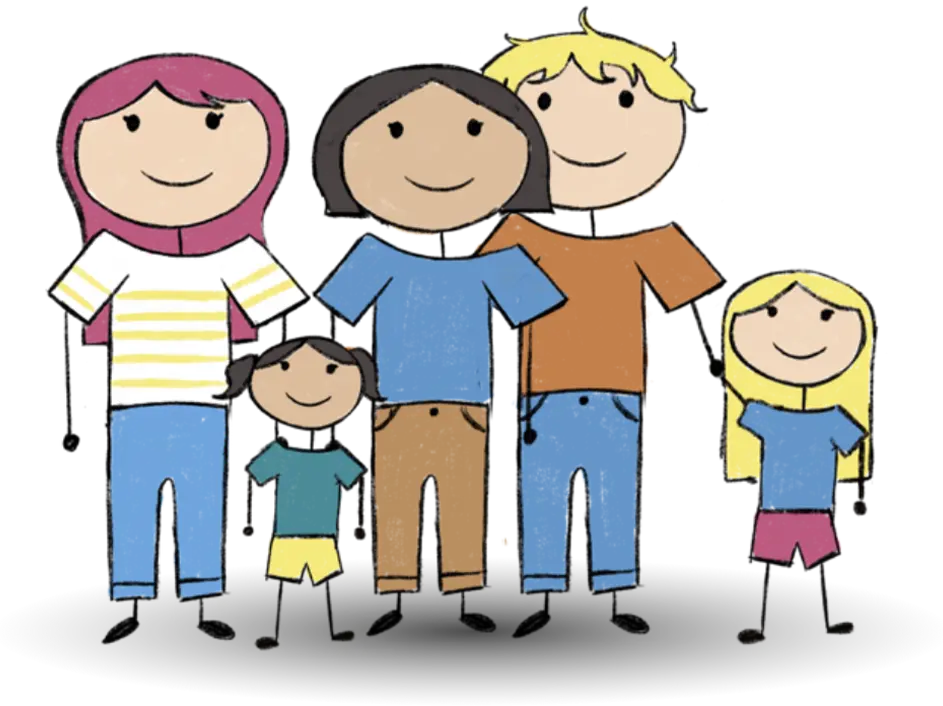Rights for Children, Young People & Families
What is the United Nations Convention on the Rights of the Child?
The United Nations Convention on the Rights of the Child (UNCRC) sets out the fundamental rights and freedoms of all children and young people. This framework is used in Moray when decisions are taken to support the wellbeing and safety of children and young people and forms the basis of the national approach of Getting it right for every child (GIRFEC). Click the link below for more information:
Click the links below for more information…
GIRFEC and the UNCRC
The GIRFEC values and principles along with the wellbeing indicators support the 4 General Principles of the UNCRC which are seen as essential and if they are broken it would have an impact on all other rights. They are:
- 4 Principles of the United Nations Convention of the Rights of the Child (UNCRC)
- Rights should be applied without discrimination (Article 2)
- Best interests of the child to be a primary consideration (Article 3)
- Right to life, survival and development (Article 6)
- Right to to express a view and have that view taken into account (Article 12)
- Human Rights are: Human Rights and UNCRC
- Universal (they apply to everyone, regardless of who they are)
- Inalienable (they cannot be taken from you or given away)
- Indivisible (they are all equally important)
- Interdependent (breach of one impacts them all)
- Interrelated (they are all connected to one another)
Click here to view the poster from the Scottish Commissioner’s office: Scottish Commissioner for children and young people UNCRC symbols poster
Look here: UNCRC & UNICEF and the Children’s Commissioner for Scotland
Advocacy & Hearing Your Voice
Everyone has the right to get support from another person to help express their views and wishes. This person is called an advocate.
An advocate can be helpful if you:
- Find it difficult to make your views known
- Need other people to listen to you and take your views into account
What An Advocate Can Do – Advocacy Information
- Talk to you to find out what you want and how you feel
- Listen to you
- Find information to help you make choices
- Talk to other people or groups for you
This link goes to the Scottish Government’s information about advocacy
- Local Advocacy Support – this service can help you have your voice heard and be listened to. Click here to see more: Moray Children’s Rights Service – Quarriers
- There are tools that can help gather the voices of children and young people. Some helpful resources can be found here:
Maintaining Relationships
The Importance of Relationships with Brothers and Sisters
The Law : click on the links below to read more
- Children and Looked After Children in Scotland – Rights and Wellbeing
-
- Local authorities must support siblings to stay together where appropriate.
- If siblings can’t live together, steps should be taken to help them stay in touch and nurture their relationships.
- The definition of a sibling includes those with a sibling-like relationship, not just biological siblings.
- Children and Young People (Scotland) Act 2014: National Guidance for Children at Risk of Becoming Looked After
- Requires identifying formal and informal networks in young people’s lives and working with them to access and support these networks.
- UNCRC (Incorporation) (Scotland) Act 2024: UNCRC and Scots Law
- Incorporates (combines)The United Nations Convention on the Rights of the Child (UNCRC) into Scots law, highlighting children’s rights to maintain connections with important people in their lives.
Maintaining Relationships
- Keeping Siblings Together Click this link to read information from the Scottish Government – Keeping siblings together
- Stand Up for Siblings Click this link to access the Stand Up for Siblings website and find out more – Stand Up For Siblings
For Care-Experienced Young People (up to 26 years):
- Highlights the importance of maintaining connections with friends and family after leaving care.
- Moray Council supports these relationships and provides a framework for open communication.
- Relationship-based practice focuses on empathy, transparent communication, and safeguarding.
For Brothers and Sisters:
- Sibling relationships provide lifelong connections and emotional safety.
- Child’s Plans should consider how siblings can stay connected and what support is needed.
- Creative ways to maintain connections include family time, outdoor meetings, and play activities like crafts or baking.
Ways to Connect when apart
- Making gifts for eachother.
- Using arts and crafts for memory boxes or cards.
- Playing cooperative online games.
- Using FaceTime to watch shows together.
Information Sharing
It is important to know when information can be shared. Data protection laws make sure personal information is used in the correct way. The laws also make sure sharing can be fair and respects rights.
Think about the information you are holding. Think about why you are holding it. Then think about what information you need to share to get the best outcome for the child, young person or family.
Next remember to follow the information sharing principles.
Children and young people should have their views taken into account along with their age and maturity. Not all communication is verbal, other ways are through play, body language, facial expressions, drawing and painting.
Click on this link to read more information – Scottish Govt GIRFEC Guidance on Information Sharing
Click here to read about information sharing in Moray – Information Sharing – Moray Council

